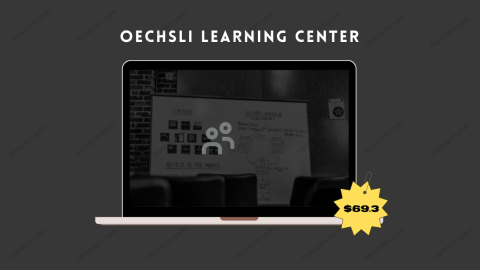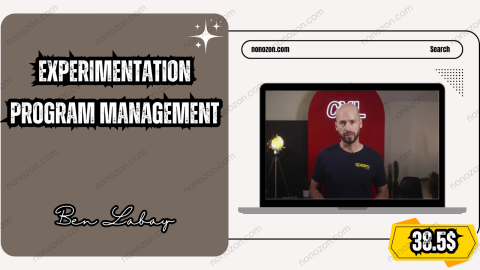Mastering business models: how to design and assess winning business models
by Author
Get Mastering business models: how to design and assess winning business models Digital Download!
You can check proof of content here
Mastering business models: how to design and assess winning business models
Overview
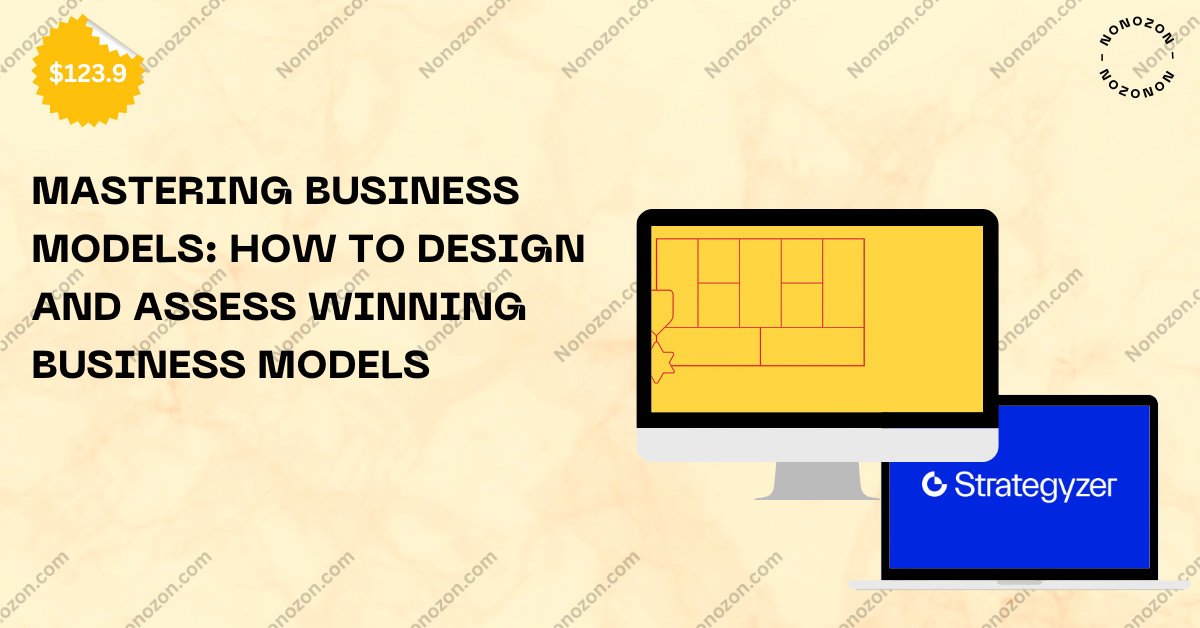
Mastering Business Models: Designing Strategies for Lasting Success
In a rapidly evolving business environment, the ability to design and evaluate effective business models is critical for both emerging ventures and established companies. The course Mastering Business Models: How to Design and Assess Winning Business Models provides a comprehensive foundation in strategic business modeling using the renowned Business Model Canvas. Designed for entrepreneurs, innovators, and professionals seeking a competitive edge, this program offers the tools to build models that resonate with market demands. This review explores the course structure, its core content, and the real-world value it delivers to participants.
Exploring the Business Model Canvas Framework
At the heart of the course is the Business Model Canvas—a highly regarded tool that simplifies complex business ideas into a clear, one-page visual framework. This model helps participants understand how a company creates, delivers, and captures value in a structured way.
The Nine Foundational Components:
Customer Segments – Determining who the business targets and serves.
Value Propositions – Identifying the unique benefits offered to customers.
Channels – Outlining the methods of delivering products or services.
Customer Relationships – Defining how businesses engage and retain customers.
Revenue Streams – Describing how income is generated.
Key Resources – Highlighting essential assets for business operation.
Key Activities – Pinpointing critical functions needed to deliver value.
Key Partnerships – Identifying external allies and collaborators.
Cost Structure – Breaking down the financial implications of business operations.
By mapping these elements, learners can visualize how each piece of a business fits into the broader strategy, enabling more effective decision-making and planning.
Key Curriculum Topics
The course is organized into focused learning modules that build participants’ knowledge step by step. Topics range from defining customer value to understanding revenue mechanisms and operational costs.
Through a mix of conceptual lessons and applied practice, participants explore how to build sustainable models. For example, when studying value propositions, the curriculum goes beyond product features to consider how businesses meet customer desires in unique ways. This dual focus on insight and application strengthens strategic thinking and execution.
Practical exercises guide learners through designing their own business models, with comparisons to successful companies such as Amazon and Google. These case-based activities help illustrate the direct application of theoretical tools and stimulate innovative approaches.
Real-World Learning and Application
One of the course’s greatest strengths lies in its strong emphasis on applying knowledge to practical situations. Participants engage in exercises based on real market conditions, encouraging them to adapt and fine-tune their models in dynamic contexts.
This experiential approach cultivates problem-solving and encourages entrepreneurial thinking. Learners are tasked with developing and iterating their ideas, making the transition from abstract theory to actionable strategy. Supplemented by industry examples and hands-on projects, the course bridges the gap between academic understanding and practical execution.
Evaluation Tools and Strategic Analysis
Beyond creation, sustainable business models require regular assessment. The course introduces several widely used evaluation tools to help participants measure and improve their models effectively.
Key Analytical Frameworks Include:
SWOT Analysis – Identifies internal strengths and weaknesses, along with external opportunities and threats.
PESTEL Analysis – Examines the political, economic, social, technological, environmental, and legal factors influencing business environments.
Balanced Scorecard – Provides a multidimensional view of performance based on strategic goals across different areas of the organization.
Mastering these tools allows participants to assess risks, evaluate potential, and identify areas for strategic improvement—ensuring that business models remain aligned with evolving market needs.
Preparing for Market Shifts
The course underscores the importance of flexibility in responding to market evolution. In today’s volatile environment, staying ahead requires businesses to revisit and revise their models frequently.
Staying Competitive Through Adaptability
The program highlights real-world examples of businesses that thrived through transformation—Netflix being a prime case, shifting from physical media to a streaming model to meet digital consumer demands. Through such examples, participants learn the importance of adaptability in long-term success.
Learners are also encouraged to build systems for tracking market trends, customer feedback, and technological developments—enabling agile updates and proactive innovation. This adaptive mindset is crucial for sustaining relevance in an unpredictable business landscape.
Certification and Flexible Learning Design
On completing the course, participants receive a certificate that validates their capabilities in designing and evaluating business models. This credential not only demonstrates expertise but can serve as a valuable asset for professional advancement.
One standout feature of the program is its self-paced format, allowing learners to progress on their own schedule. This flexibility makes it ideal for professionals balancing work commitments with skill development. Lifetime access to materials ensures that learners can revisit concepts and tools as their careers evolve.
Designed for a broad audience—including startup founders, business developers, corporate strategists, and marketing professionals—the course equips learners with practical frameworks to drive business growth and innovation.
Who Should Enroll and Final Takeaways
The Mastering Business Models course is suited to a wide spectrum of professionals. Whether launching a new enterprise, refining an existing business, or leading innovation within a corporation, the tools and strategies taught are universally applicable.
By merging solid theoretical foundations with actionable practices, the course empowers learners to construct and evaluate business models that are both innovative and sustainable. With the guidance provided through the Business Model Canvas, real-world case studies, and strategic assessment tools, participants gain the confidence and clarity needed to navigate today’s complex markets.
Upon completion, learners will not only understand how successful business models are built but also how to adapt them to seize emerging opportunities and maintain a competitive edge.
Related products
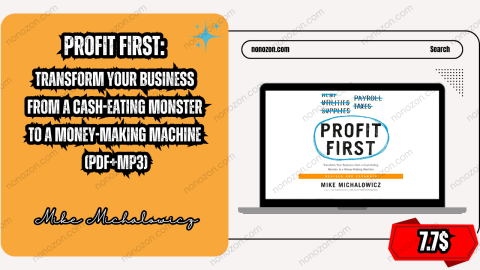
Profit First: Transform Your Business from a Cash-Eating Monster to a Money-Making Machine (Pdf+Mp3)
by Mike Michalowicz
$25.00
$7.70
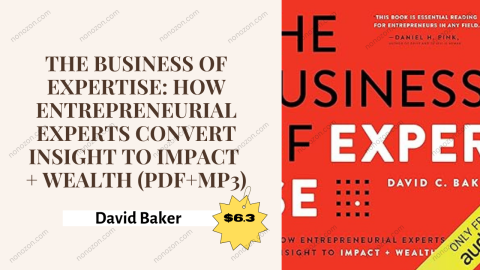
The Business of Expertise: How Entrepreneurial Experts Convert Insight to Impact + Wealth (PDF+Mp3)
by David Baker
$38.00
$6.30

